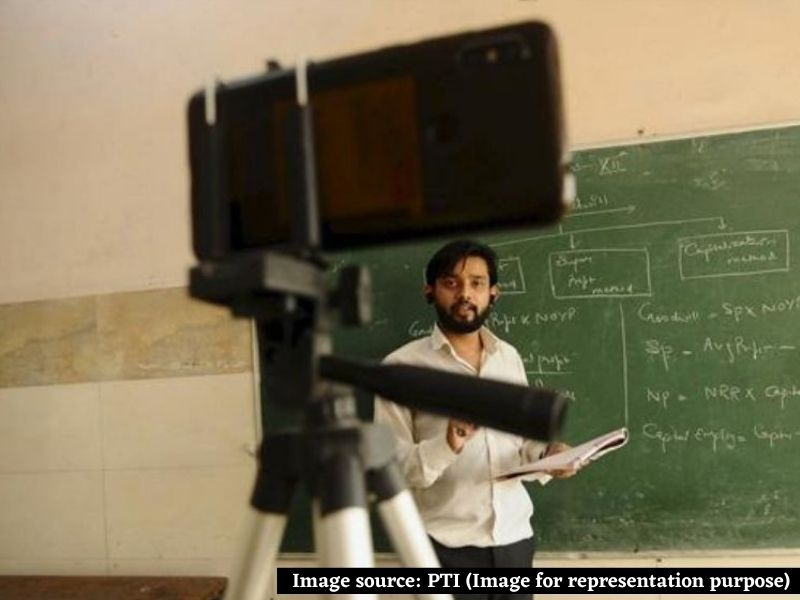Due to Covid-19 pandemic, classes have been suspended to enforce social distancing and educational institutions, from schools to universities, have shifted to online methods of teaching and evaluation. Still, there is no certainty about when normalcy will be restored. This has encouraged some sort of a permanent tilt, if not a complete shift, to online education.
According to an online survey conducted by Learning Spiral, it showed that while children face issues in accessing education digitally, teachers face issues in delivering education through digital mediums. A staggering 84 percent of teachers reported facing challenges in delivering education digitally with close to half the teachers facing issues related to the internet both signal issues and data expenses. Two out of every five teachers lack the necessary devices to deliver education digitally; the situation is particularly grave in UP and Chhattisgarh where 80 percent and 67 percent of teachers respectively lack the requisite devices to deliver education online. The challenges are directly linked to a lack of teacher preparedness – less than 20 percent of teachers reported receiving orientation on delivering education digitally while in Bihar and Jharkhand, the figure was less than 5 percent.
Other than the technological issues various other hurdles faced during online classes were figuring out online class etiquette, parents hovering during online classes are an issue, maintaining discipline online is tough, etc.
Teachers mostly face challenges like lack of IT support, continuous technological changes, unequal access for all students, unoptimized software for mobile devices and security issues. Learning Spiral provides various technologies. It focuses on leveraging information technology and AI to deliver solutions and services to educational institutes, universities, schools, colleges.
Even during online exams, various hurdles are faced like cheating, etc. Hence, to avoid that we at Learning Spiral combine several well-known technologies like Remote Proctoring, Secure Browsing, Remote Candidate Authentication, Data Encryption during transit, and Record and Review Proctoring, etc. These technologies have become a popular digital solution for holding credible online assessments with automated and live violations monitoring. Using these technologies, drastic minimization in online cheating was observed.
Commenting on this, Manish Mohta, MD – Learning Spiral said, “The new decade is expected to witness the next wave of Digital India aided by the recent COVID-19 pandemic that has catalyzed the speed at which the already connected consumer is getting further connected with devices, payments, e-medicine, etc. The lockdown and social distancing have pushed users to experiment with various digital solutions, some of them by desire while others due to compulsion. The year 2021 is likely to see a tectonic shift in both Internet adoption and frequency of usage.”
Also read:
Around 59% Indian students depend on edtech apps for exam preparations: Survey
Over 50% Indian students don’t have access to Internet: Survey
